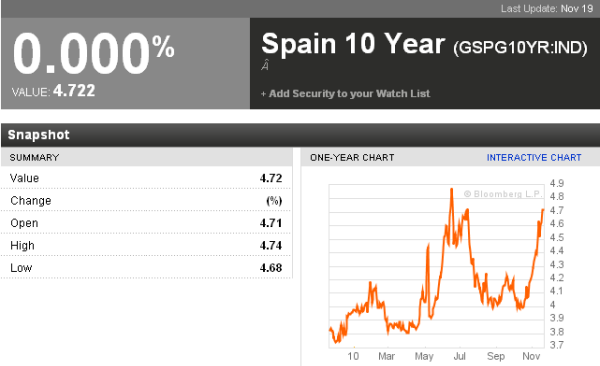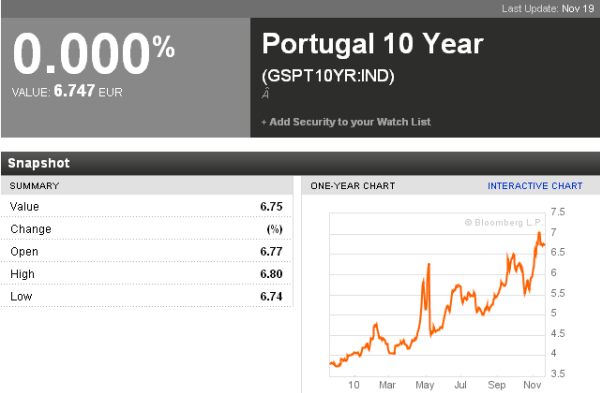Give ’em a poll — that might frighten ’em.So, the Victorian Labor government’s support is taking a belting, the Melbourne Herald Sun tells us on page one this morning. And who tells the Herald Sun? Why, that paragon of impartiality the Victorian Association of Forest Industries, that’s who. But not on page one, mind you.
The source of this exciting news is not revealed until the page is turned so there will be a good proportion of readers who never know that an industry association with a vested interest is now the trusted source of Victoria’s biggest selling newspaper.

Quite disgraceful really but not the fault of the loggers. They have good reason to try and frighten voters about the declining support for Labor and a corresponding increase for the Greens. They see the very survival of their industry as being at risk so for them a privately conducted poll with a very small sample has its merits.
No doubt, if the findings by Galaxy had not helped the case of frightening the people, the results would never have seen the light of day anywhere. The shameful behaviour is the newspaper’s for copping the leak and not even pointing out that the margin of error from the sample of 500 is not sufficient to draw any meaningful conclusions from at all.
Labor a firmer favourite on the Crikey measure. On the Crikey Victorian election indicator Labor has become a firmer favourite over the past week.

The government is now rated by the punters as being a 79% chance of being returned.
The ones to watch for. With the Irish government now accepting that it will need to allow the forces of the European Union and the International Monetary Fund determine how it governs its country, attention will turn to Portugal and Spain.
These are the two next most vulnerable economies as the desperate attempt to preserve the euro continues with many commentators predicting that the billions being given to Ireland will have to be duplicated on the Iberian peninsular.
The signs to watch for are these:

The foreign-aid solution? I wonder if the review of Australia’s foreign-aid program will go as far as looking at the novel solution of forgetting about all the consultants and planning and just start giving poor people the money?
Joseph Hanlon, a development scholar and co-author of a recent book called Just Give Money to the Poor, argues that people will make the right choices without an aid worker peering over their shoulders. “Poverty is fundamentally about a lack of cash. It’s not about stupidity,” he says in his speeches. “You can’t pull yourself up by your bootstraps if you have no boots.”
He was reported in Canada’s Globe and Mail at the weekend saying research has shown that not even conditions on how the poor should spend the money are needed. In general, in places where the approach had been tried, people spend the money on food and their children, and invest a portion of what remains towards improving their incomes.
In a region in Namibia with an unconditional basic income grant, child malnutrition dropped from 42% to 10%, and school dropouts dropped to almost zero.
In a controlled study conducted by the World Bank, researchers found that giving cash transfers to families in Malawi increased school attendance of girls and young women by the same amount whether or not a condition was attached.








Crikey is committed to hosting lively discussions. Help us keep the conversation useful, interesting and welcoming. We aim to publish comments quickly in the interest of promoting robust conversation, but we’re a small team and we deploy filters to protect against legal risk. Occasionally your comment may be held up while we review, but we’re working as fast as we can to keep the conversation rolling.
The Crikey comment section is members-only content. Please subscribe to leave a comment.
The Crikey comment section is members-only content. Please login to leave a comment.